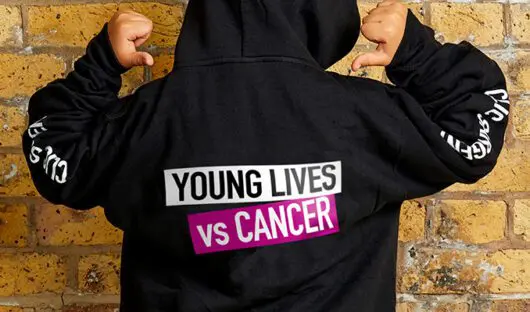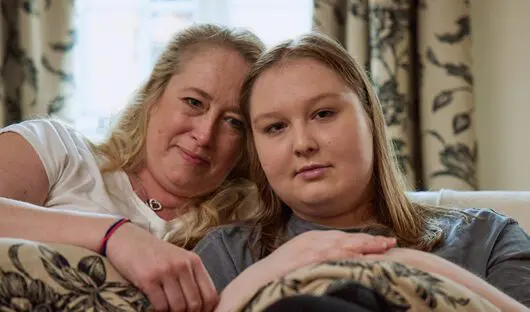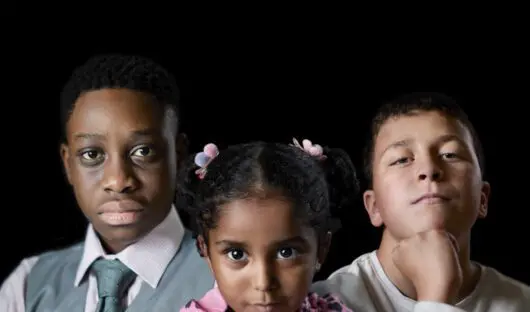Safeguarding
What do we mean by safeguarding?
Safeguarding isn’t just about looking out for children and young people with cancer. It’s about being aware of every life touched by our work; families, supporters, donors, volunteers and even celebrities.
So what is a safeguarding concern? There are many different ways that children, young people and others may experience harm. The range of concerns is far wider than historic and narrow definitions of ‘child protection’. For example, we now know much more about the risk of harm from domestic violence, female genital mutilation, online grooming/abuse, bullying, self-harm and suicide.
How does Young Lives vs Cancer protect people at risk?
People at Young Lives vs Cancer may never come across these concerns in their work but we expect them to be aware of them and open to the possibility that a child, young person or adult is at risk of harm.
If anyone on our team has concerns about abuse, neglect or exploitation. Our Safeguarding Policy explains what we expect and how our staff and volunteers will be supported if they are concerned that someone is at risk or has been harmed. At Young Lives vs Cancer we don’t investigate concerns or allegations but everyone is responsible for taking timely action to safeguard children and young people.
In our face-to-face and digital services, we will explain to families and young people what we mean by confidentiality and our responsibility for safeguarding. If we have any concerns we will talk about them openly and honestly. We may share information with other organisations where it is necessary to protect someone from harm.
Safeguarding isn’t just about preventing abuse or neglect; it’s about putting the voices, safety and wellbeing of children and young people first. That means balancing risks with opportunities so that children and young people with cancer can thrive, not just survive.
Who is responsible for safeguarding at Young Lives vs Cancer?
Everyone at Young Lives vs Cancer who has contact with children and young people is responsible for their own actions and behaviour. They should avoid any situation or conduct which would lead a reasonable person to question their motivation and intentions. Equally, we expect concerns about someone associated with Young Lives vs Cancer to be shared. An instinct that something isn’t quite right may turn out to be important.
Safeguarding will sometimes involve complex situations and difficult conversations inside the charity and with other organisations. We will be open to challenge, to learn if we get things wrong and to learn from others. All of this will help us to manage risks and to create a safe place for everyone.
Getting help
At Young Lives vs Cancer we don’t investigate safeguarding concerns. If you’re worried about the safety of a child, a young person or someone who is vulnerable it’s important to report your concern. If you think someone is imminently in danger call the police or emergency services on 999. For situations that are not urgent, Google the number for your local council team for adults or children (usually called Adult Services and Children’s Services) – all councils have emergency duty or out-of-hours teams for evenings and weekends.
If you’re a safeguarding professional
If you’re a Local Authority Designated Officer (LADO) or a professional from another agency and you need get in touch about a safeguarding matter please call 0300 330 0803 and ask to be put in touch with the Head of Safeguarding and Professional Standards. This is a number is for contacting Young Lives vs Cancer during office hours.


